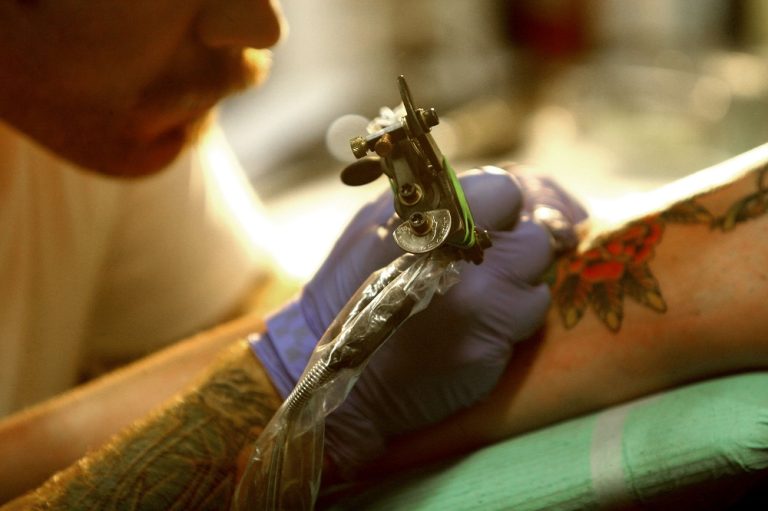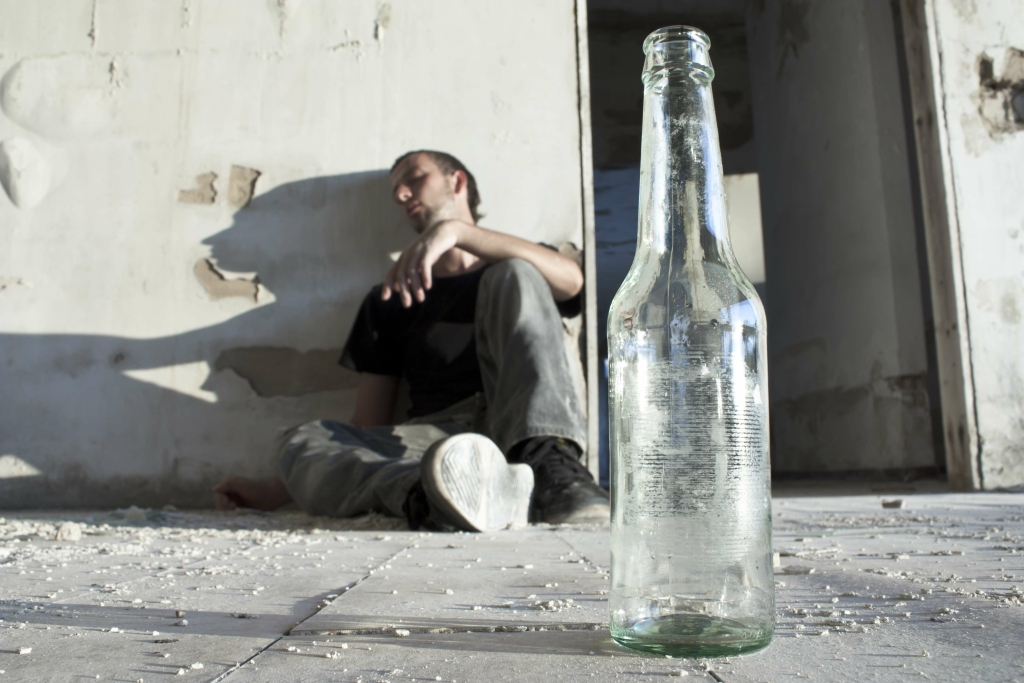Alcohol may initially serve as a self-medication mechanism, providing temporary relief from symptoms, but ultimately leading to dependency. The journey into alcoholism is seldom a linear path but rather a confluence Sober living home of various factors that predispose an individual to addiction. Biologically, genetic predispositions play a significant role, with research suggesting that genetics account for approximately 50% of the risk for AUD. Brain chemistry also plays a crucial role; alcohol affects the brain’s reward system, leading to increased dopamine release and reinforcing the behavior of drinking. In recovery, you may feel that you need extra support when going through the emotions of recovery.
If you are struggling with alcoholism, treatment is the first step to returning to a fulfilling and healthy lifestyle. Learning to live without drinking is the first step to making the most out of your life. Like other diseases such as heart disease or cancer, some people are more susceptible to alcoholism than others. That means while some people can incorporate social drinking into their daily lives, others cannot.

Growth stage
The drinker’s skin will clear up, the beer belly will begin to shrink, and they will no longer appear bloated. If the individual with an alcohol use disorder begins to look like they did when they were drinking heavily, they may have relapsed. The individual may stop taking care of themselves, have poor personal hygiene, or have poor nutritional habits.
- Whether it is single use or a boozy bender, there is the risk of alcohol interfering with the body’s normal functioning.
- Going from an alcohol dependency to not drinking at all can seem like a significant obstacle for those seeking help.
- For some people, one major trigger is enough to start a spiral that ends with them finishing off a bottle of gin before breakfast.
Understanding Alcohol Use Disorder
When someone develops an alcohol use disorder, their brain undergoes significant changes. This isn’t just about willpower or choices it’s about how alcohol has altered the brain’s reward system and decision-making processes. Understanding these changes helps explain why the answer to this question isn’t as simple as we might hope. One of the most harmful beliefs about alcohol addiction relapse is that there is nothing you can do to stop it.
Alcohol Relapse Statistics
- Drinking the same amount before stopping alcohol use means they feel the effects much more quickly and may experience dangerous results, including blackouts or alcohol poisoning.
- Or perhaps you identified social settings in which you had really just been drinking because you always have or because others were, and you didn’t actually need any alcohol to have fun, Dr. Kovacs says.
- Professional medical help is crucial if an alcoholic resumes drinking.
- “What would be more beneficial is drastically cutting down from, say, 14 drinks a week to maybe three per week for the rest of your life,” she says.
- Remember that you’re not alone in this, and seeking help from a support network or therapist can make a world of difference.
Melody is here to help as you adjust to a life with less (or no) alcohol. „I just remember looking at my therapist one day and being like, ‚I have such a wonderful blessed life, and it kills me that I can’t have an Aperol Spritz or something if we’re in Italy,'“ she said. And to the sober community, god I am still so, so proud of you. This article is part of Dry January, Straight Up, your no-BS guide to cutting out alcohol for 31 days—or longer. SELF will be publishing new articles for this series throughout January.
Support groups like AA or SMART Recovery provide regular check-ins and shared experiences. If you are reading this because you have a loved one who has had an alcoholic relapse, then don’t panic. Addiction relapse is often caused by stress or some unpleasant life situation, so the most important thing to do is create a calm, positive environment for them. Take a deep breath, speak to your loved one and offer them your love and support.

For this reason, stress can trigger the same brain circuits that were triggered when you sought alcohol in the past. This means stress can lead to cravings, which can lead to a relapse. By implementing these strategies, you can contribute positively to their recovery journey and help create a stable foundation for long-term sobriety. At Genesis Recovery, we are here to answer all your questions regarding alcohol use disorder, the process of recovery, and the slip-ups that come along with it. Because the brain of an addict is wired differently going back to drinking after being sober from a non-addict’s brain, having just one drink isn’t always possible.
Curious About Reformer Pilates? Start With These 10 Staple Exercises
For extra support, sober living houses in PA offer structured environments that help people stay accountable. These homes provide stability, routine, and community, making it easier to avoid relapse. Writing your plan down and reviewing it regularly keeps it fresh in your mind. The more prepared you are, the stronger your recovery will be. Addiction is a lifelong condition, but recovery is always possible.
Understanding Relationship Trauma and Finding a Path to Healing
As a relapsed alcoholic, you already have some knowledge about addiction and recovery. When you start treatment in an alcohol rehab center around Fairmont WV again, you’ll already have some understanding of how treatment works and what’s effective or ineffective in your case. Furthermore, your history will inform your treatment plan, as addiction experts always take into account previous relapses. Your recovery this time around may be easier due to previous experience, or it may be harder if relapsing causes you to lose your motivation to participate in rehab. But it will certainly be different because relapse is a whole new issue and not a trip back in time to when you first became addicted.
On her podcast, Teigen revealed that as she’s struggled to rethink her relationship with alcohol, she’s felt „shame“ to be seen drinking in public. „And I am one hundred percent pissed that I can’t be normal and have a cocktail with my husband on vacay without it turning into 8 and feeling like s—,“ she wrote. „I’m tired of throwing up on a Tuesday. I don’t wanna feel like I need a shot to talk to a crowd. I hate that the thought of maybe having a drink can consume me some days.“
How to Stay Sober After Rehab
One should think of alcohol as a drug, once you try it once you can’t refuse the next dose. Recovery from AUD is marked by stages of abstinence, withdrawal, repair, and growth. While the process may take several years, the outcome is a happier, healthier life where you have the freedom to fulfill your full potential. During this stage, most people focus their energy on coping with cravings and resisting the urge to drink.
